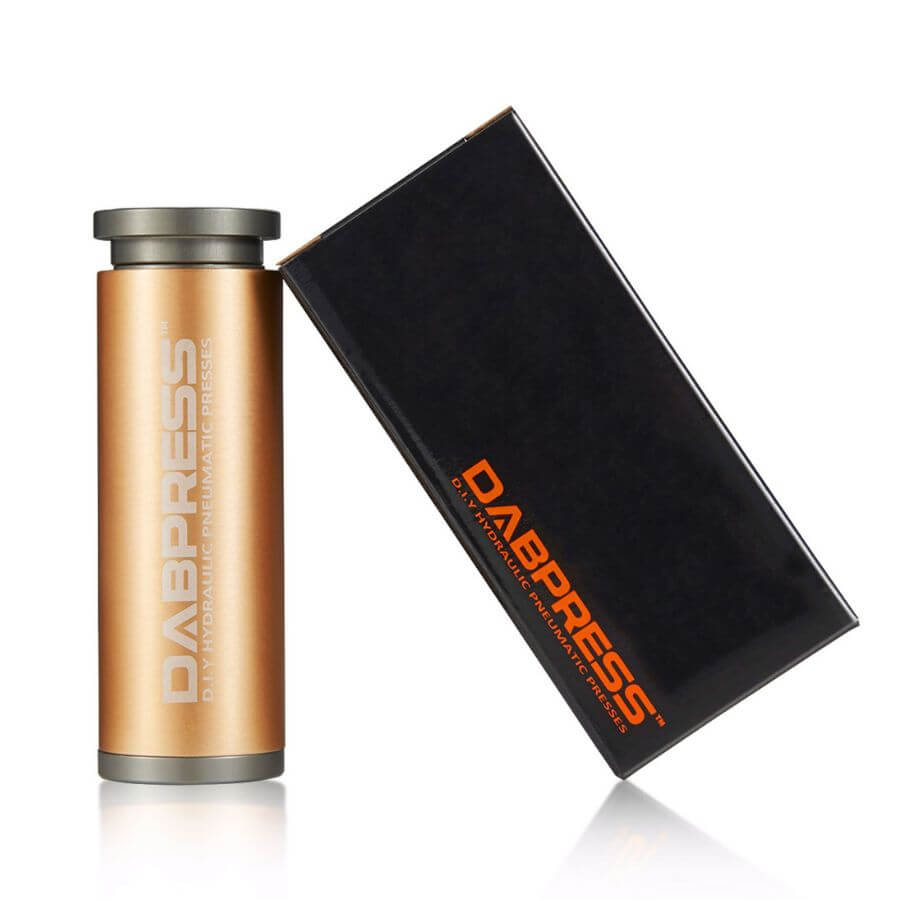Rosin Filters - Which Ones to Choose? When and How to Use Them?
Posted by DABPRESS TEAM

Rosin filters are necessary in some instances and unnecessary in others.
There are times when a rosin filter is not necessary. When squishing small amounts of material (1-3g) or single buds (large or small), you can press without a filter if you prefer. The yield will also be better versus using a filter, but there is always a risk of plant material (contaminant) entering rosin from the unfiltered flower so it’s fairly easy to clean out the contaminant if this occurs. You can simply use a needle to pick out the piece as you see it during collecting. Now you have clean rosin without any filters!
Filters come in a variety of different micron sizes. You can experiment with them and see what you prefer. Generally, you want to use 25-115 micron filters for your loose material such as hash, sift, kief, trim, etc. For more delicate materials like higher quality hash or sift, use the lower microns such as 25-72, for the trim and loose shake you can go between 90-115 microns. For flowers, you can use between 90-160 microns as all of your plant material will stay within the bag.
There are other methods of using rosin filters such as creating a package like a present with your buds, not packed in very hard, but just enough to form a solid package. This is known as bottle tech and utilizes a vertical build of material within the filter versus horizontal. This allows the buds to squish out rosin with less pressure and release rosin with great yields. The resulting puck will have a smaller footprint. Because of the smaller footprint, this method can be used with multiple bags as well. So, buying exact size bags are not necessary, you can choose smaller bags as well. Just be aware, if using larger bags you may have to cut them down, and need to be folded properly to avoid blowouts.
Blowouts can occur if your material is pressed too hard and too fast, such as with very loose and fragile material like sift. It can also occur if you have your buds not packed properly in your rosin filters. One of the reasons we like to recommend 160-micron filters for flowers is they really have the lowest risk of blowouts.
Puck Maker in Cylinder:
Handheld pre-press mold ( Flower Puck ) | dp-pm3015r | Anodized aluminum made / 3.5-7g material loaded30mm Hammer Styled Pre Press Mold ( Flower & Hash ) | dp-pm30s | 3-piece stainless steel made / 3.5-7g material loaded
40mm SS Cylinder Pre Press Mold ( Flower Puck ) | dp-pm40r | 3-piece stainless steel / 7-14g material loaded
Puck Maker in Rectangle:
2x4 Pre Press Mold ( Flower & Hash ) | dp-pm4007s | 3-piece anodized aluminum made | 7-14g material loaded
2 in 1 Rosin Pre Press Mold | dp-pm02universal | Create rectangle & cylinder pucks at a time
Universal Puck Maker | dp-pm01universal | Create two rectangle pucks at a time


